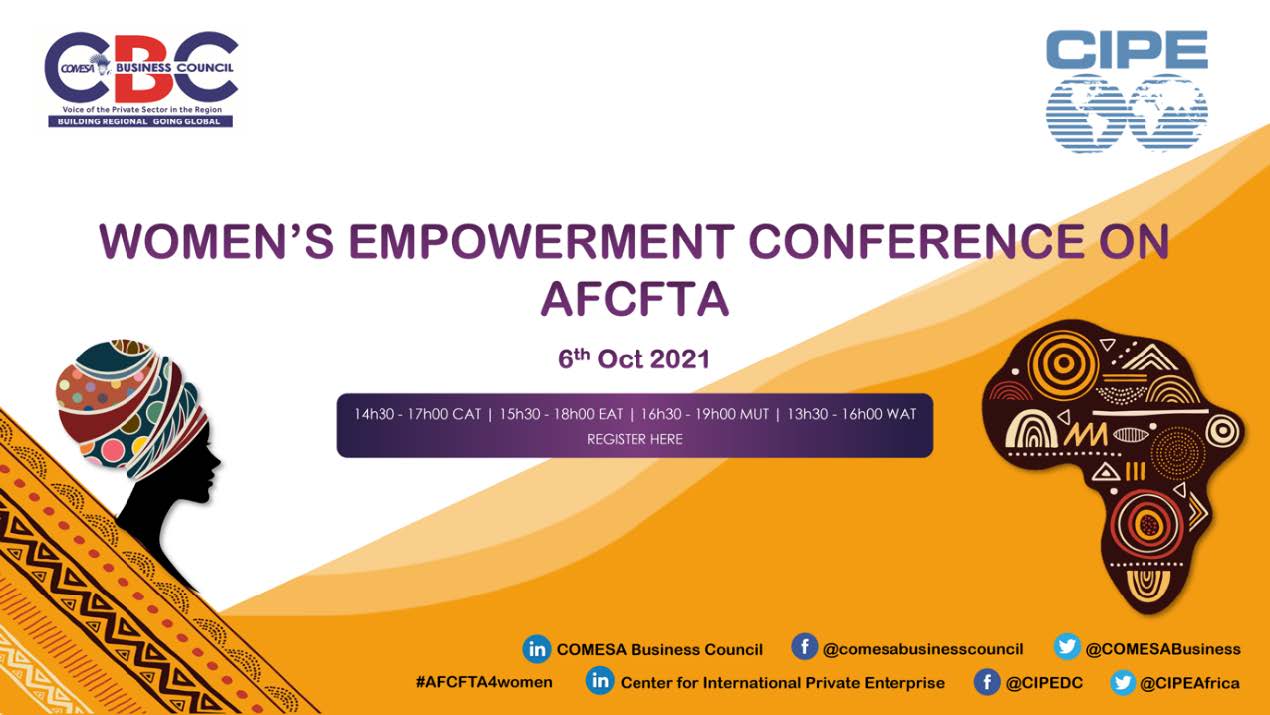Introduction

The African Continental Free Trade Area (AfCFTA) provides one of the greatest opportunities for bolstering inclusive growth and sustainable development on the African continent. A significant milestone in Africa’s regional integration efforts, the AfCFTA will remove 90% of tariffs on goods and services over the next five years. If managed efficiently, this newly formed market of 54 nations and 1.2 billion people will unlock historically low levels of intra-continental trade and attract long-term, stable investments from around the world. Under the Agreement, the African Union Member States explicitly seek to achieve gender equality and enhance the export capacity of women and youth. Prioritizing the inclusive participation of women stakeholders in particular will be essential for implementing the initiative within a more democratic context that can uphold women’s economic rights.
Women are major contributors to African economies as entrepreneurs, employees, and through unpaid household work. Women make up the majority of self-employed individuals across Africa, and 90% of the informal sector labor force. As entrepreneurs, women commonly face cultural barriers and inadequate access to resources that present significant challenges to business growth. The often-precarious nature of their work across sectors and employment types means women are also vulnerable to market forces. Considering the five-year timeframe set for the liberalization of most goods and services, AfCFTA reforms will have significant local impacts in the immediate and long-term future. Better understanding on how these changes will impact women’s livelihoods can help in identifying what is required at the national and regional levels to enhance economic opportunities for women under the Agreement.
Published Date: December 20, 2021
